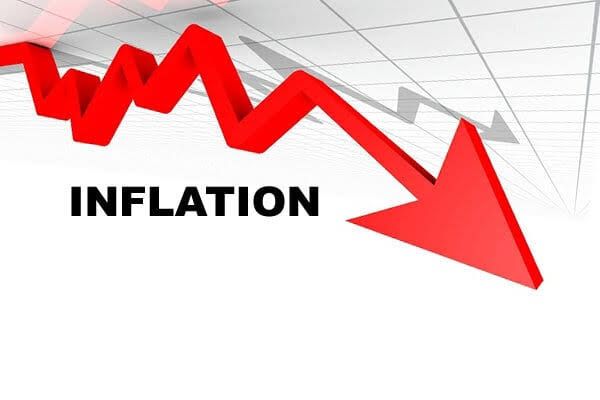
Nigeria’s annual headline inflation rate declined for the second consecutive month in May 2025, easing to 22.97% from 23.71% in April, according to the National Bureau of Statistics.
This marks a continued downward trend from a peak of 34.8% in December 2024, following a rebasing of the Consumer Price Index (CPI) to 2024 and a reweighting of the inflation basket .
Food inflation, a significant contributor to the overall rate, also moderated slightly to 21.14% in May, down from 21.26% in April. Despite these improvements, food prices remain elevated, reflecting ongoing supply-side challenges .
The Central Bank of Nigeria (CBN) maintained its benchmark interest rate at 27.5% during its February 2025 Monetary Policy Committee meeting, following six rate hikes in 2024.
The CBN cited improved macroeconomic indicators, including exchange rate stability and a gradual moderation in inflation, as factors supporting its decision to pause further tightening .
Economists suggest that while the recent CPI rebasing has contributed to the observed decline in inflation, underlying structural issues, such as food supply disruptions and energy costs, continue to exert upward pressure on prices.
Addressing these challenges may require targeted fiscal and policy interventions beyond monetary measures .
Overall, while the recent inflation data indicate positive momentum, sustained efforts are needed to ensure long-term price stability and economic resilience.





